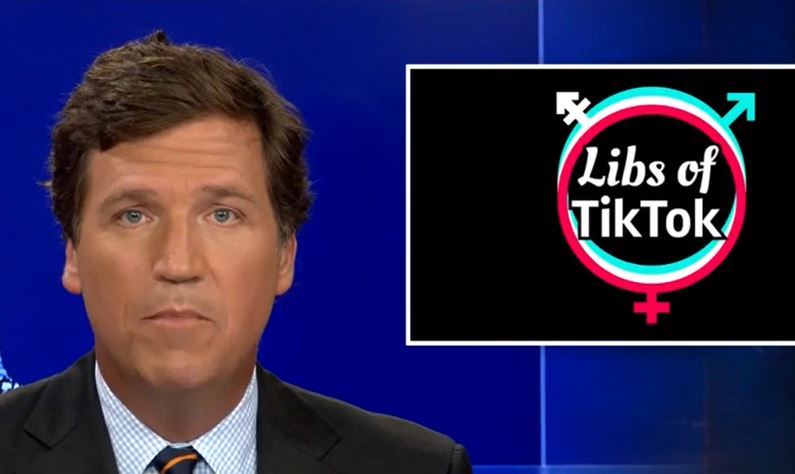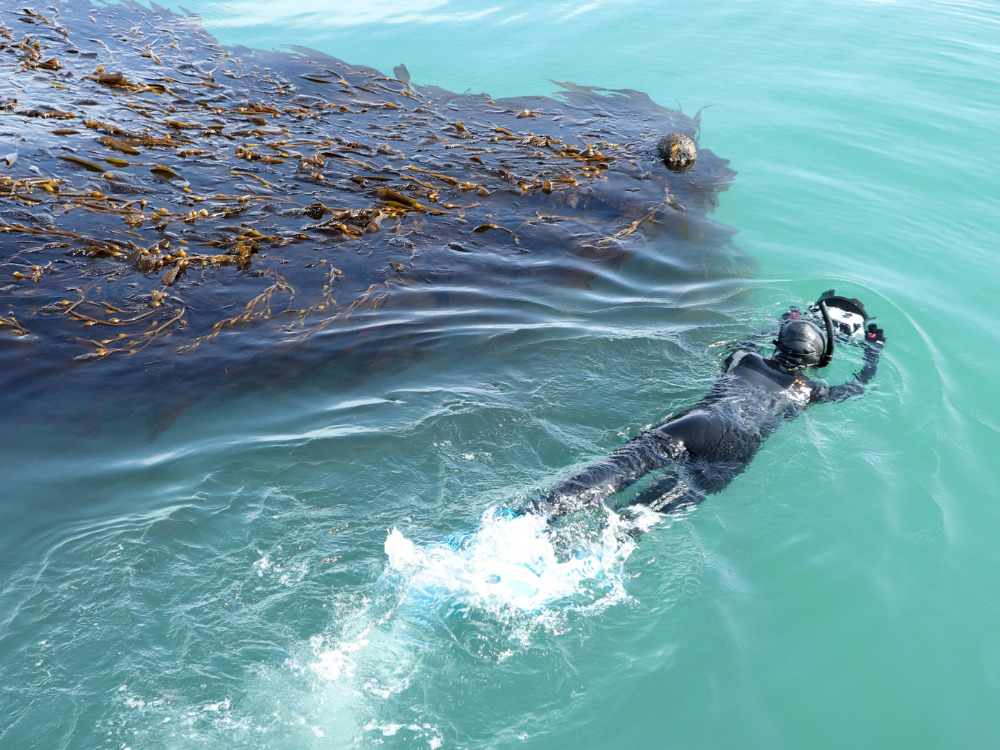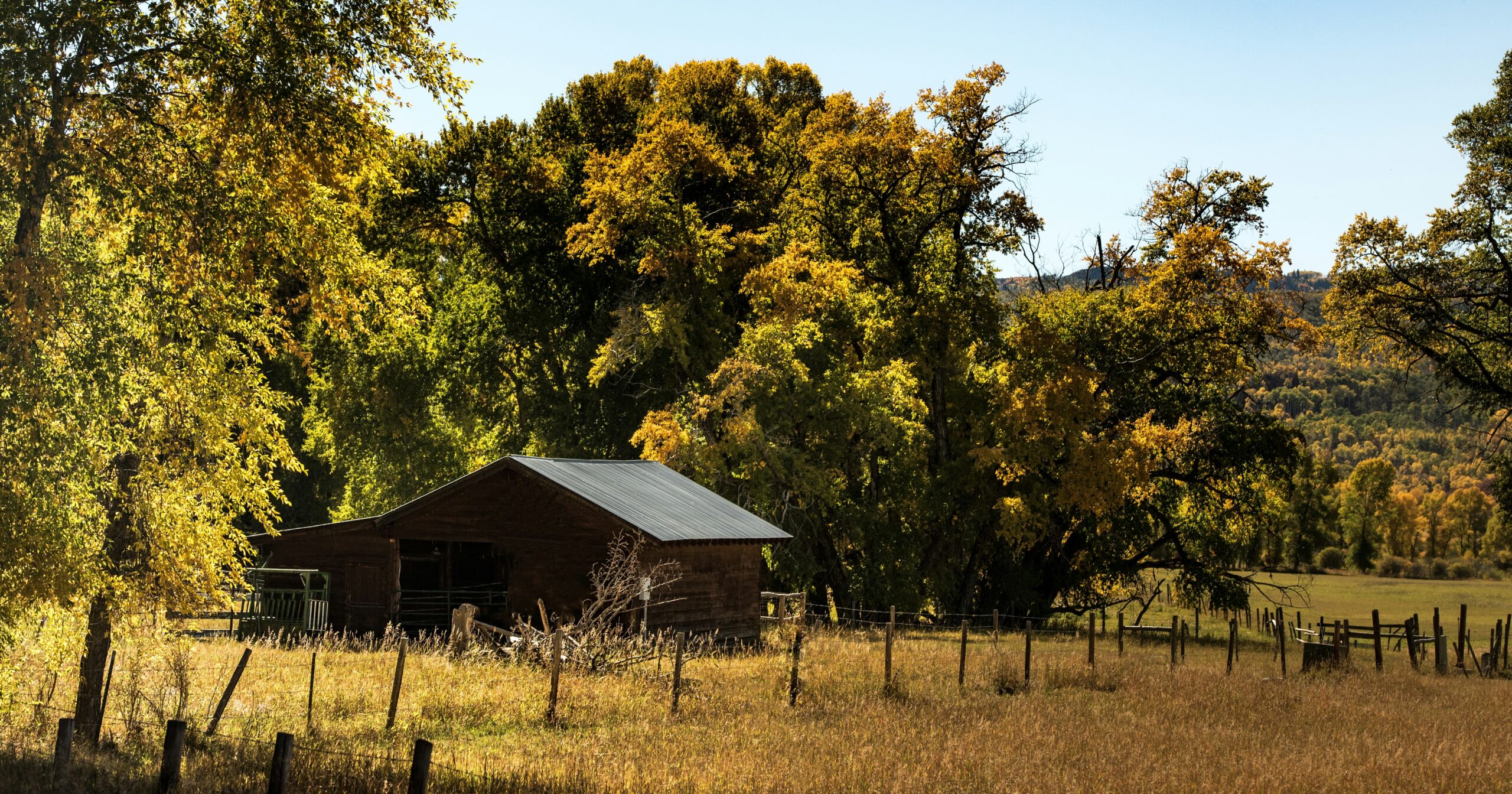Here it is, new, improved, better than ever:
Campaign catchup is almost in… it went up with a little glitch, sorry for the hitch, it’ll be back up shortly!
Paul Karp
Rod Culleton has responded to the AEC statement revealing it has referred him to the police for his statement that he is eligible to stand for the election.
Culleton told Guardian Australia:
I have never been a bankrupt at law. This matter was referred by the AEC in 2019 and was dismissed through lack of evidence … I am not in contravention [of section] 44 [of the] Constitution … and [am] simply going back to address unfinished business to overcome the injustice that has occurred.
Culleton was declared bankrupt in 2016, and appealed to the WA supreme court, but the conviction was upheld.
The Australian Electoral Commission just released a curious statement on former One Nation senator Rod Culleton, with the elections regulator saying he’ll appear on the Senate ballot in Western Australia but that it has simultaneously referred him to federal police.
Culleton, elected in 2016 under One Nation’s banner but later defecting from the party over a dispute with Pauline Hanson, was booted from the Senate after the federal court ruled he was bankrupt – grounds for disqualification. His appeal was dismissed. Culleton later started his own Great Australia Party, describing himself as a “senator in exile”.
The AEC said Culleton had nominated for the Senate in WA for the coming election, and that he had lodged “a fully completed nomination form and mandatory qualification checklist”.
“Mr Culleton’s nomination declared that he was not an undischarged bankrupt or insolvent,” the AEC said in a statement:
The AEC notes Mr Culleton is listed on the National Personal Insolvency Index as an undischarged bankrupt. It appears therefore that he may have made a false declaration as part of his nomination process. The AEC has referred this matter to the Australian Federal Police for their consideration.
The AEC said it doesn’t have the power to reject a completed candidate nomination:
This means the AEC cannot reject a nomination even if it contains a false declaration as to the eligibility of that person to stand for election.
Guardian Australia has contacted Culleton for comment.
Any poll dips are “for commentators to comment on”, Albanese says, when Kelly asks him if a week out of action will help or hinder the Labor campaign.
He’s focused on the opposition’s plans for the future, he says.
Albanese rejects the idea he’s attacking prime minister Scott Morrison’s character – more accurately, he says Morrison’s side is doing an effective job of that themselves.
On Medicare, he’s talking about changes to the schedule (there were about 900 changes), about out-of-pocket charges going up, and he’s brought up the putative health minister Anne Ruston’s 2015 comments about Medicare being “unsustainable”.
Asked what a Labor government would do if elected, Albanese says he wouldn’t do anything as insensitive as crack jokes about our Pacific neighbours under a boom mike (as Peter Dutton did). He says:
I would engage with them and it’s not just one step. The first step is that you need to have deeper relationships with your senior ministers, with the leadership in our region.
We also need to engage with them on issues which are their concern and we know that the number one concern for the Pacific is, of course, climate change and we would have a positive response on climate change. We want to host a conference of the parties of the UN together with our Pacific Island neighbours, for example.
Foreign affairs has been gutted, he says, adding Labor will have more to say about that.
Albanese uses the line he coined during the leaders’ debate, saying it’s not a “Pacific step-up – this is a Pacific stuff-up”.
He adds another, borrowed from Campbell, that we should have “competition without catastrophe” in the region.
On Solomon Islands and the deal with China, Kelly asks why he’s blaming the government, when it’s China’s doing. Albanese says:
Well it’s absolutely right that China is more forward-leaning in the Pacific – that’s the whole point. What was Australia doing in response to China’s changed posture in our region? Australia has been the security partner of choice in the Pacific since the second world war.
The prime minister said just yesterday that they had known about the potential of this issue for a long period of time. We know they knew at least so far back as August. Where is the foreign minister [Marise Payne]? Where is she during this period? She appeared on the Insiders program and said it was all under control. The government only sent a junior representative in Mr [Zed] Seselja to Solomons in the last week. The United States have sent their senior representative in the region, Kurt Campbell, and have responded.
Albanese tells Fran Kelly the party had “war-gamed” the possibility of him catching Covid:
It is not surprising. We’ve had during the campaign already … we’ve had Jason Clare and Tony Burke and Kristina Keneally and a range of people go down with Covid and I think the same thing has happened on the other side, as well. So we had war gamed the process.
We set it up so that people will come in and fill the appointments that I’d made. Richard Marles will be representing me at Anzac Day in Darwin.
And he’s confident he’ll be at Labor’s campaign launch in Perth in just over a week.

Albanese interviewed from isolation
Labor leader Anthony Albanese is on ABC television, looking relatively chipper. He says:
I’ve had better days but a lot of people have had it a lot worse.






